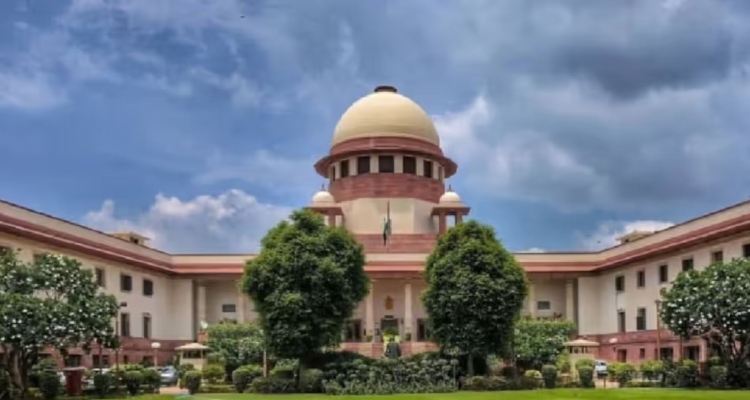
The Supreme Court on Wednesday granted 8 weeks to the Manipur government to respond to a plea challenging the state’s Inner Line Permit system.
This system, which regulates the entry of non-indigenous people into certain areas, is also applicable in Arunachal Pradesh, Nagaland, and Mizoram.
The ILP requires outsiders, including citizens from other parts of India, to obtain permission before visiting these states. The system was introduced to protect the indigenous populations from being overwhelmed by outsiders, and it aims to preserve the region’s unique cultural identity.
However, it has been a point of contention, particularly regarding its implications on tourism and the free movement of citizens.
A bench of Justices Hrishikesh Roy and SVN Bhatti extended the deadline for the state government after its counsel requested more time to prepare a response. This comes after the Supreme Court issued notices on January 3, 2022, to the Centre, the Manipur government, and other concerned parties, in response to a petition filed by the organization “Amra Bangalee.”
The petition argues that the ILP grants excessive power to the state, enabling it to restrict the movement of non-indigenous people—those who are not permanent residents of Manipur. “The draconian ILP system is fundamentally opposed to the policies of social integration, development, and technological advancement in areas beyond the Inner Line,” the organization stated in its plea.
It also claimed that the system hampers tourism, which is a significant revenue source for the state.
Additionally, the plea challenges the Manipur Inner Line Permit Guidelines, 2019, on the grounds that they violate citizens’ fundamental rights under Articles 14, 15, 19, and 21 of the Constitution. The organization contends that the guidelines grant the state unqualified authority to restrict the entry and exit of non-indigenous people, which could infringe on their rights to equality, freedom of movement, and livelihood.
The ongoing legal battle highlights the tension between preserving indigenous rights and promoting broader socio-economic integration and development. The Supreme Court’s decision to grant more time underscores the importance of thoroughly addressing the complex issues surrounding the ILP system, which has been a controversial but crucial aspect of governance in these northeastern states.
The case will be closely watched as it could have significant implications for the future of the ILP system and its impact on both local communities and broader national integration.
The Manipur government will now have until the end of the eight-week period to present its response to the court.




